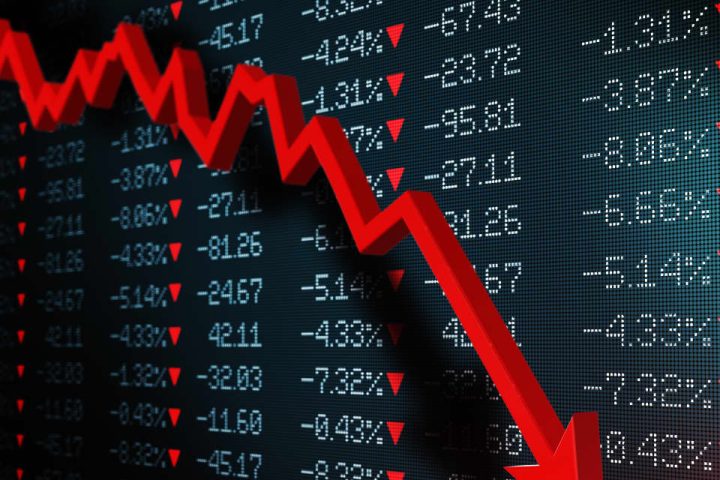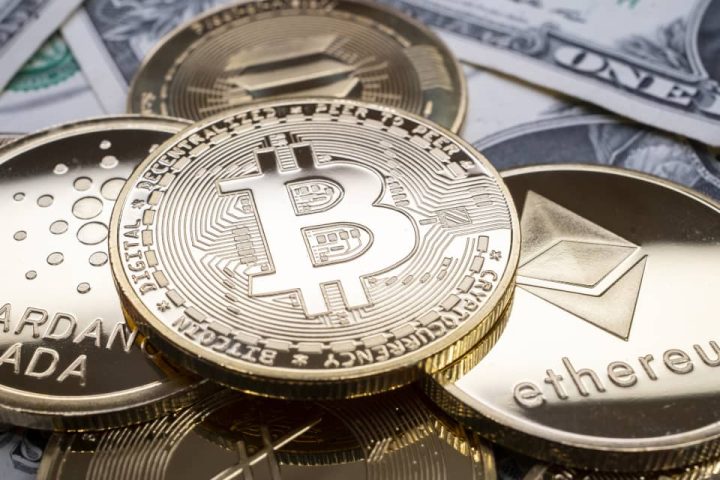U.S. bond yields rose slightly on Wednesday, as market volatility declined with investors eyeing economic growth and inflation data due for release in coming sessions.
What’s happening
-
The yield on the 2-year Treasury
BX:TMUBMUSD02Y
added 2.5 basis points to 5.091%. -
The yield on the 10-year Treasury
BX:TMUBMUSD10Y
rose 4.4 basis points to 4.870%. -
The yield on the 30-year Treasury
BX:TMUBMUSD30Y
fell 4.7 basis points to 4.986%.
What’s driving markets
The Treasury market is calmer than of late as traders eye economic data in coming sessions that may impact the Federal Reserve’s medium-term thinking ahead of its monetary policy meeting next week.
Benchmark 10-year yields, which surged to a 16-year high above 5.02% on Monday, only to swiftly dive towards 4.82% after investors Bill Gross and Bill Ackman warned about the health of the U.S. economy, are holding just above their lowest levels in a week or so.
U.S. economic updates set for release on Wednesday include new home sales for September, due at 10 a.m. Eastern. But it is weekly initial jobless benefit claims data and a reading on third quarter GDP on Thursday, followed by the Fed’s favored inflation report, the PCE index, on Friday that are capturing traders’ attention.
Ahead of their release, markets are pricing in a 97% probability that the Fed will leave interest rates unchanged at a range of 5.25% to 5.50% after its next meeting on November 1, according to the CME FedWatch tool.
The chances of a 25 basis point rate hike to a range of 5.50 to 5.75% at the subsequent meeting in December is priced at 29%, down from 37% a year ago.
The central bank is not expected to take its Fed funds rate target back down to around 5% until September 2024, according to 30-day Fed Funds futures.
The Treasury will auction $52 billion of 5-year bonds at 1 p.m.
What are analysts saying
“The rise in longer-term yields appears to be taking a pause. The cause, however, does not appear to be a fundamental shift in investors’ sentiment of policy or the underlying economy, but rather a number of larger players shifting positions,” said Lindsey M. Piegza, chief economist at Stifel.
“Nevertheless, the volatile nature of market conditions has left a number of question marks regarding monetary policy as the Fed rapidly approaches its next policy decision on November 1. At this point, market participants are convinced the Fed will remain on the sideline, but Chair Powell was clear that further rate hikes remain a possibility if inflation concerns remain, increasing the focus on this week’s PCE report released on Friday,” Piegza added.
Read the full article here







